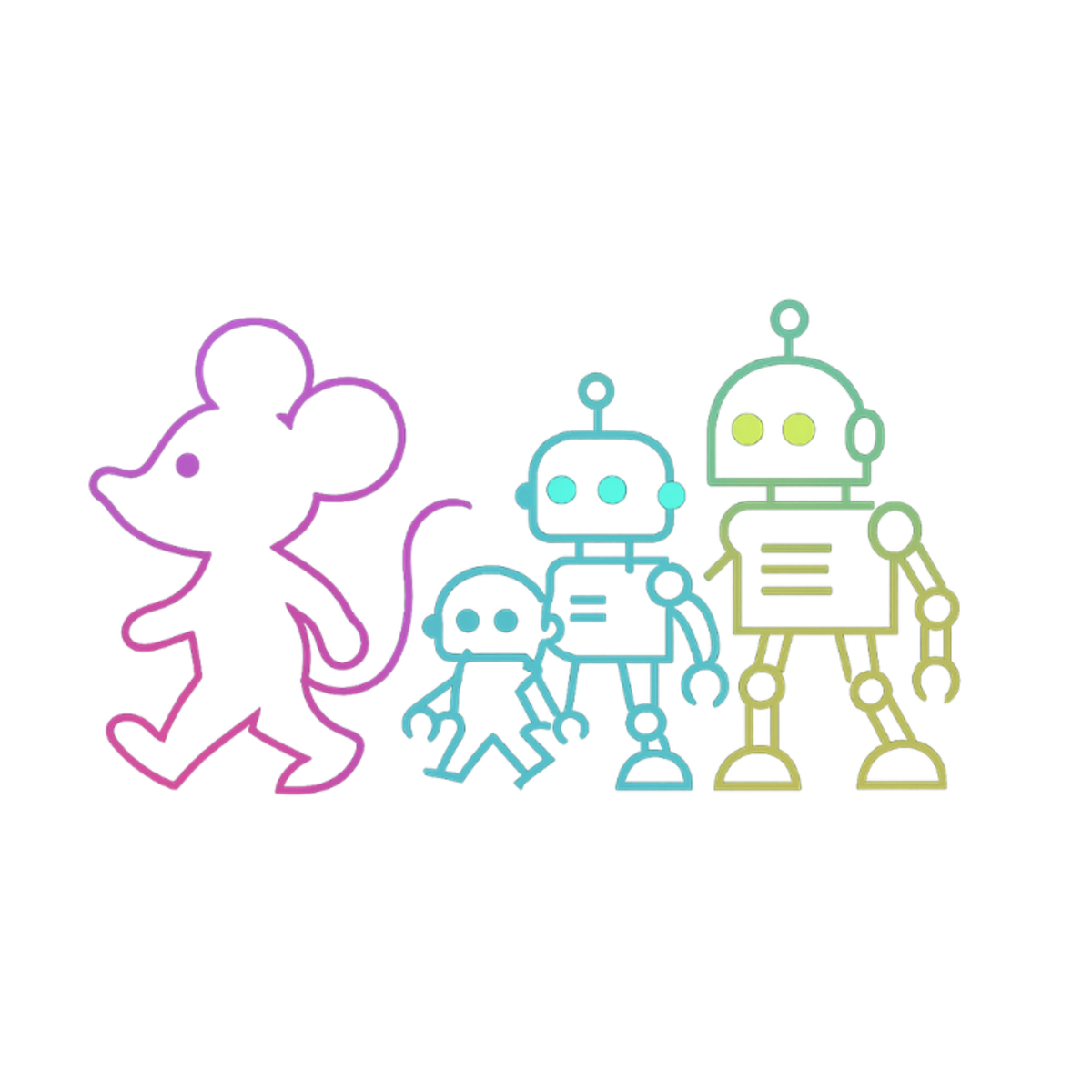Search is being rewritten in real time.
For decades, we typed questions into a box and waited for ten blue links. That model is collapsing.
New data shows that AI powered search is not just gaining traction. It is breaking out. In June 2025, AI driven search reached 5.6 percent of all desktop queries, according to Datos. That is four times the figure from early 2024. Among early adopters, it already accounts for forty percent of browser usage.
This is not a blip. It is the beginning of a new standard.
From Tab to Agent
The shift is visible in behavior. Users are no longer flipping between tabs, pasting keywords, or sifting through results.
They are asking complete questions. They are getting contextual responses. They are refining in conversation.
Platforms like ChatGPT, Perplexity, and Arc have normalized this new interaction model. So has Google, which now returns AI summaries for over fifty percent of all search queries.
It is not just public search either. Inside companies, employees are replacing clunky portals with AI agents that retrieve knowledge, answer policy questions, and draft responses in real time.
In short, the search box is being replaced by the assistant.
Why AI Search Is Accelerating
Two forces are driving this growth.
First, the quality of results is better. AI can parse internal documents, emails, call transcripts, and wikis. It reads context instead of just keywords.
Second, the interface is frictionless. Tools like Slack, Notion, and GitHub now offer AI driven answers inside the workflow. There is no switching. No tab juggling. Just ask and move forward.
That combination, better answers with less effort, is proving too powerful to ignore.
Enterprises Are Going All In
Across sectors, enterprise leaders report sharp adoption curves.
In a recent survey, more than forty percent of knowledge workers said they now rely on AI for search daily. Companies that deployed internal AI search reported support ticket volume dropping by as much as fifty percent.
One Fortune 500 retailer rolled out a GPT powered assistant that resolved ninety percent of employee HR questions in pilot tests.
Law firms use it to retrieve case law. Banks use it to check policy. Creative teams use it to mine past campaigns.
AI is not replacing search. It is replacing how we access knowledge altogether.
What Founders and Builders Need to Know
This moment is decisive.
If your product touches content, workflows, or customer support, you need to build for AI search.
Here is where the opportunity lives.
Private secure search that respects enterprise data boundaries.
Vertical search agents trained on domain specific content.
Interfaces that surface intelligent results in one click or less.
Systems that log, explain, and improve search performance over time.
And just as important, designing for discovery when users no longer click links.
That means structuring content so models can index it. Surfacing answers natively. Thinking not in pages, but in prompts.
The Time to Act Is Now
Traditional SEO tactics are fading. The blue link era is ending.
AI powered discovery is rewriting how users ask, find, and decide.
And while the change feels fast, the window for advantage is wide open.
If you embed AI search now, you become the interface. If you wait, you become a data point for someone else’s agent.
The next breakout product will not have a search bar.
It will have a brain.
Sources
https://www.wsj.com/articles/ai-search-is-growing-more-quickly-than-expected-f75aa1ca
https://www.datos.media/blog/ai-search-growth-report-2025
https://www.theverge.com/news/710867/openai-chatgpt-daily-prompts-2-billion
https://nypost.com/2025/07/03/media/google-ai-tools-depressing-traffic-to-news-sites-report


